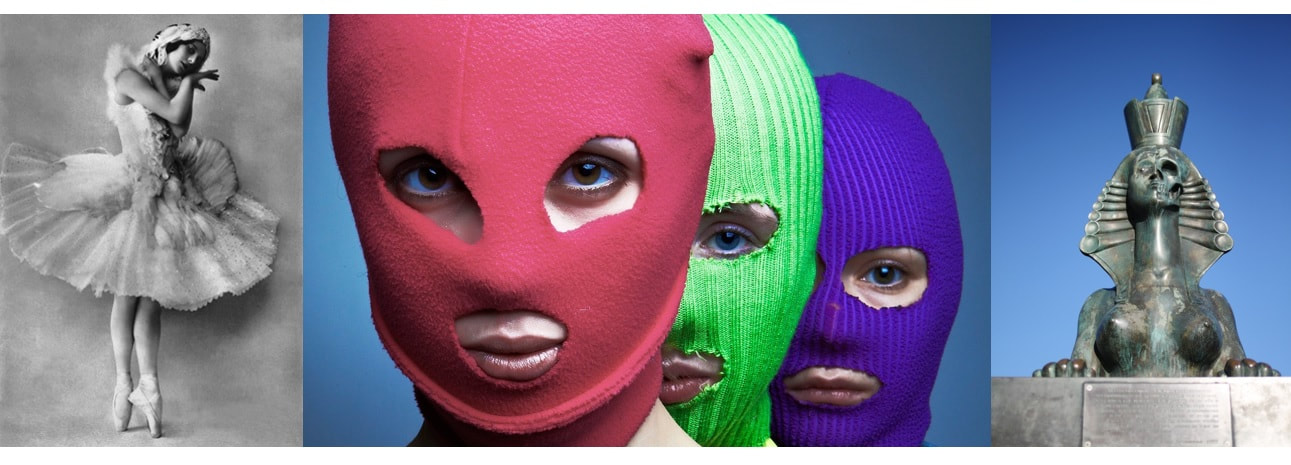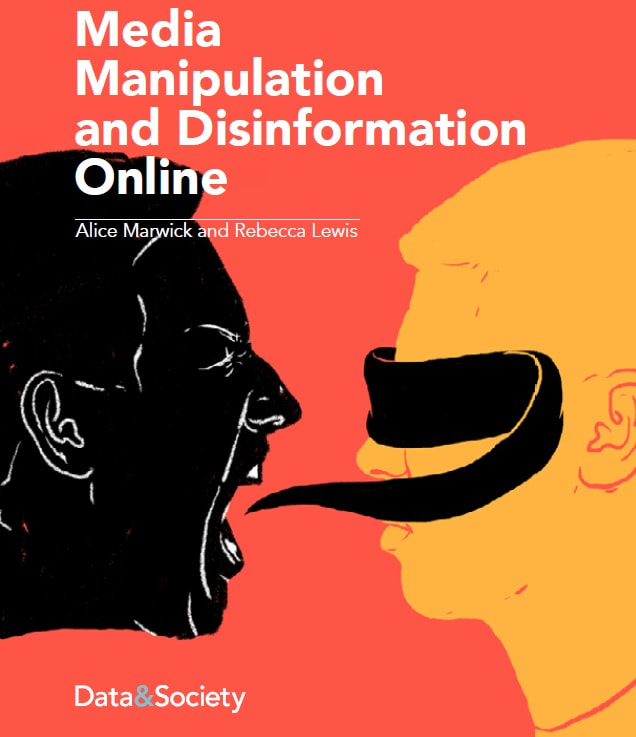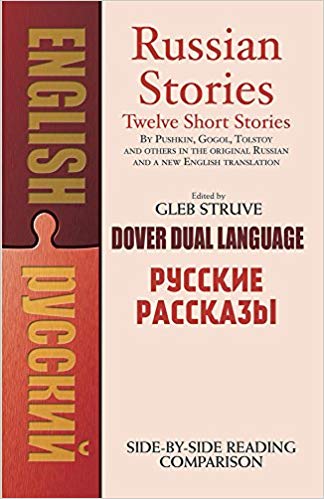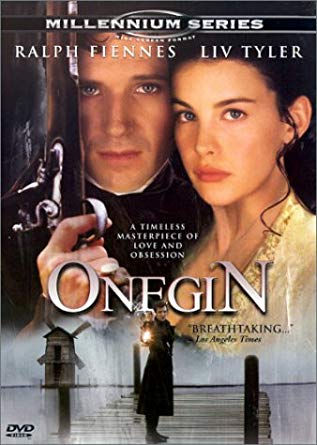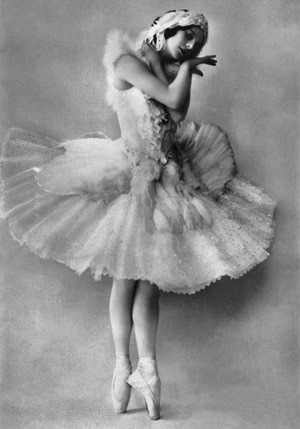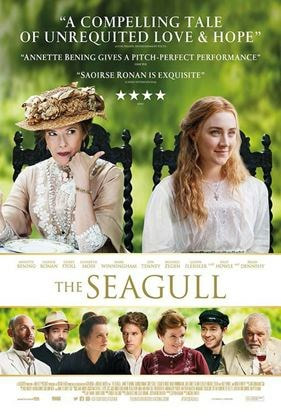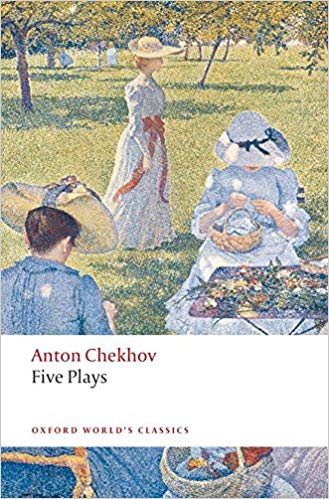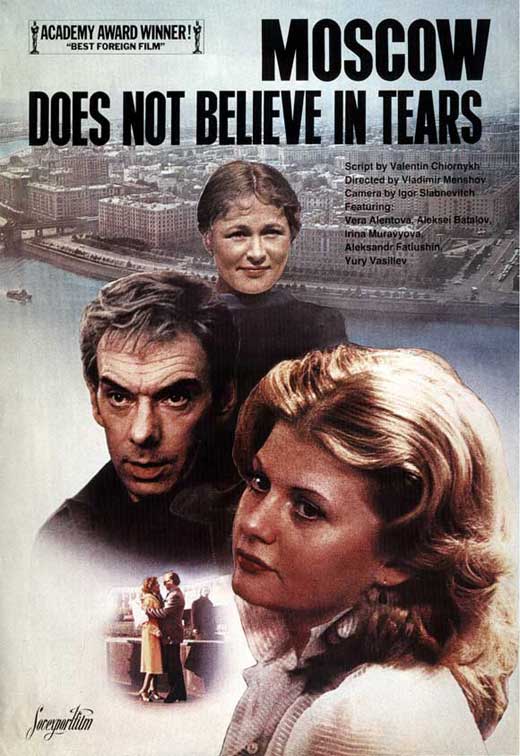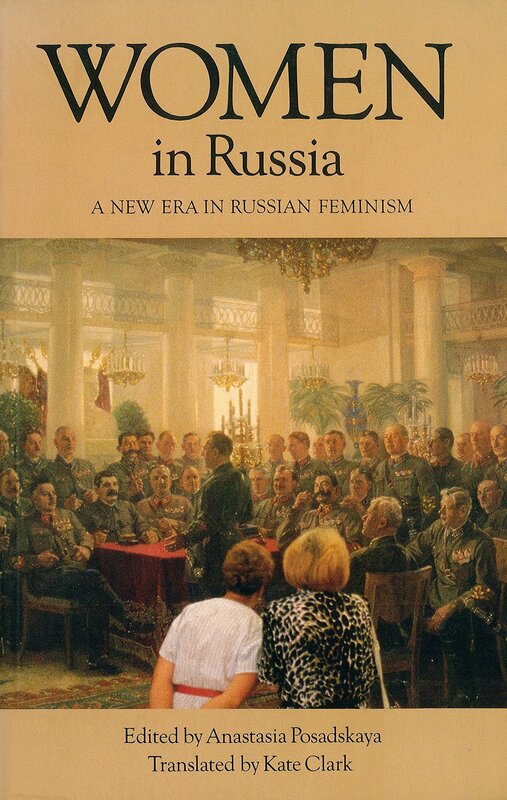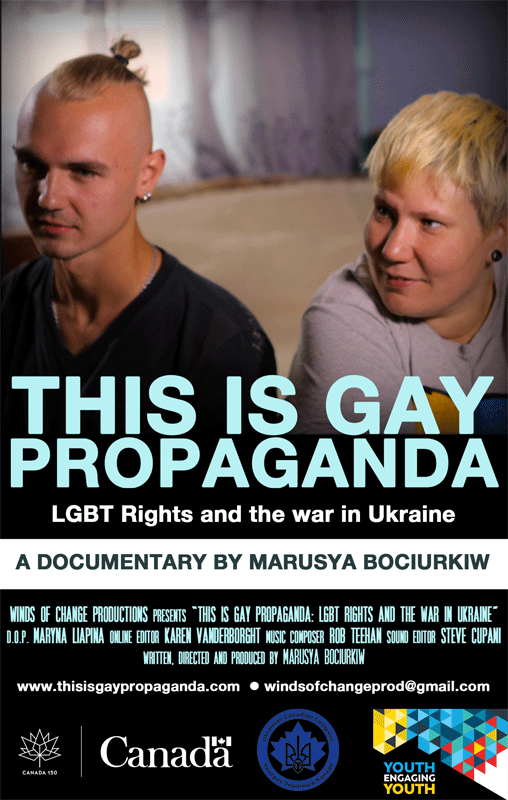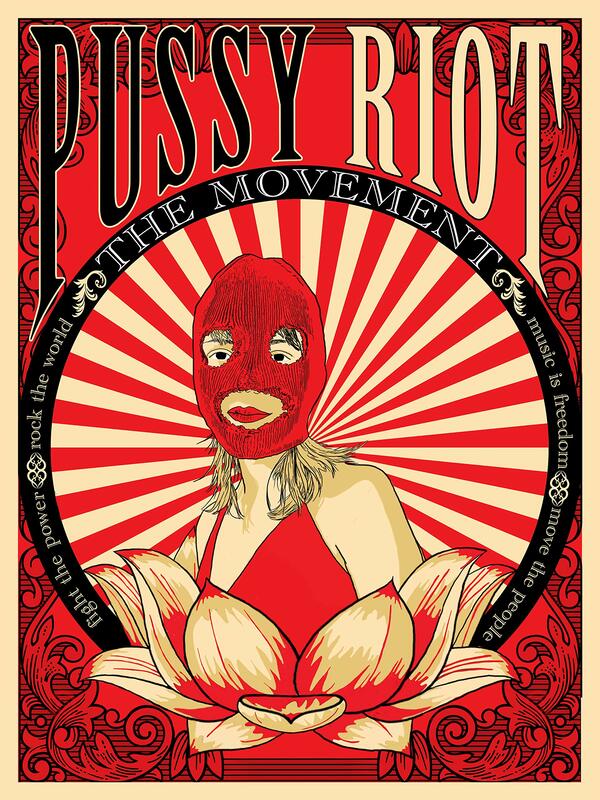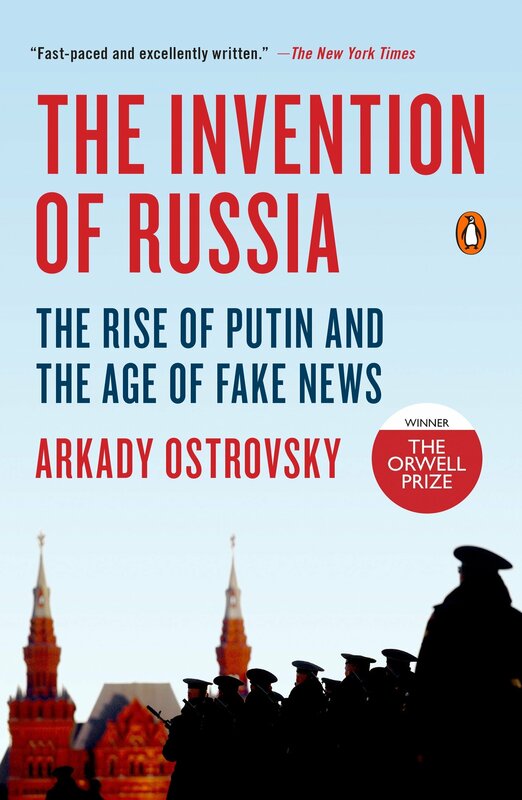Slavic Cultural Studies
Taught at the Department of Germanic and Slavic Studies at the University of Victoria
Course by Dr. Kat Sark
Course by Dr. Kat Sark
Course Description:
This course is an interdisciplinary, multimedia course that covers the cultural history of Russia, with a focus on gender, media, performance, film, and literature. This course allows students to engage with cultural history, cultural analysis, as well as gender and literary theory. It introduces students to historical, cultural, and critical approaches to cultural production and media. This course is designed to help students develop skills in critical thinking, close reading, writing, comparative analysis, presentations, and digital skills. The course assignments will provide students with an opportunity to design and develop different web projects that have a direct impact and applicability for the community, and that support social justice causes and organizations.
Note: It is imperative that students come to class prepared to discuss the assigned readings and topics. This course is based on inter-teaching techniques and peer communication. Do not let your class mates down by coming to class late or unprepared.
Note: It is imperative that students come to class prepared to discuss the assigned readings and topics. This course is based on inter-teaching techniques and peer communication. Do not let your class mates down by coming to class late or unprepared.
Required Texts:
- Gleb Struve (ed.) Russian Stories: Twelve Short Stories. New York: Dover Dual Language Publications, 1990
- Anton Chekhov, Five Plays. Transl. by Ronald Hingley. Oxford: Oxford University Press, 2008
- Other course readings and materials will be available on CourseSpaces
Course Outline:
(Subject to changes / in progress)
|
Week 1
|
Introduction, Methodologies
Student Web Projects READINGS:
PODCAST: NPR podcast: Ukraine vs. Fake News |
DISCUSSION:
What are cultural studies? What is cultural analysis? What is critical media literacy? What is media manipulation? |
|
Week 2
|
Text Analysis: Short Stories
READINGS:
|
DISCUSSION:
What is close reading? What do we look for when we read closely? Who is the narrator of Pushkin's story? Why does Pushkin use the myth of the prodigal son in this story? What is the irony in this story? What other title could you give this story? What do we find out about the protagonists’ lives throughout Bunin's story? Why does the lieutenant go to the post office? How does he spend the time after the encounter? How is his psychological state described after the encounter? How is the heat described throughout the story? How contemporary is this short story and could it be set in the present day? |
|
Week 3
|
Poetry and Adaptations
Decembrist Revolt Onegin (dir. Martha Fiennes, 1999, 106min) Onegin (Graphic Novel) READINGS:
|
DISCUSSION:
How does Pushkin's narrator feel about Tatiana? How does she describe her feelings for Onegin? What do we know about their relationship? How does her letter make you feel? |
|
Week 4
|
Classical music, ballet, opera
Diaghilev Ballets Russes The Rite of Spring (reconstructed by Joffrey Ballet) Riot at the Rite (2005) Modris Ekstein, Rites of Spring The Great War and the Birth of the Modern Age Tchaikovsky Balanchine The Nutcracker READINGS:
PODCAST: Sticky Notes, Stravinsky, “Rite of Spring” |
DISCUSSION:
What is the influence and significance of Mikhail Glinka on Russian music history? What is the significance of Glinka’s friendship with Pushkin and Diaghilev’s role in the World of Art movement? Describe the rivalries between Moscow and St. Petersburg in the cultural realm. What is Tchaikovsky’s influence on the history of Russian ballet? What role did ballet play during the Cold War? How did The Nutcracker ballet become a North American Christmas tradition? |
|
Week 5
|
Theatre
READINGS:
|
DISCUSSION:
How did the history of Russian theatre originate? What is the role of censorship? What was the imperial theatre monopoly and when was it in effect? What effects did the abolition of serfdom have on the history of Russian theatre? Compare and contrast the theatrical styles of Meyerhold, Vakhtangov, and Stanislavsky | ||||||
|
Week 6
|
Theatre
READINGS: Chekhov, The Cherry Orchard (1904)
|
DISCUSSION:
See worksheet | ||||||
|
Week 7
|
Film
FILM: Moscow Does Not Believe in Tears (dir. Vladimir Menshov, 1980, 150min)
|
DISCUSSION:
See worksheet | ||||||
|
Week 8
|
Cinema
READINGS:
|
DISCUSSION:
What is the “stagnation-era” in Soviet history, and how did it manifest in culture? How is desire portrayed in this film, and how does this portrayal differ from other “stagnation-era” films? |
|
Week 9
|
Gender and Feminism
READINGS:
FILM: This is Gay Propaganda: LGBT Rights and the War in Ukraine (dir. Marusya Bociurkiw, 2015, 54min) PODCAST: Masha Gessen’s talk at the New York Public Library |
DISCUSSION:
List the different challenges of establishing the discipline of Gender Studies in Russia. What is the current state of feminism and Gender Studies in Russia today? Provide a short critical analysis of the documentary film. |
|
Week 10
|
Music and Activism
READINGS:
FILM: Pussy Riot: A Punk’s Prayer (dir. Maxim Pozdorovkin, Mike Lerner, 2013, 93min) FILM: Pussy Riot: The Movement (dir. Natasha Fissiak, 2013, 86min) |
DISCUSSION:
How is cultural censorship and control used to further the conservative, patriarchal agenda today? Give specific examples. Analyze the lyrics of one Pussy Riot song. |
|
Week 11
|
Art, Protest, and Media
Noah Snider, "Body Politics," The Economist (July 2016) Petr Pavlensky Mikhail Shemiakin Sphinx READINGS:
|
DISCUSSION:
Analyze Shemiakin’s Skeleton Sphinx sculpture in St. Petersburg |
|
Week 12
|
Web Project Presentations
|
DISCUSSION:
|
Disclaimer: The contents of this site are copy-right protected and cannot be reproduced without the author's permission. © Katrina Sark, 2019
